Menu
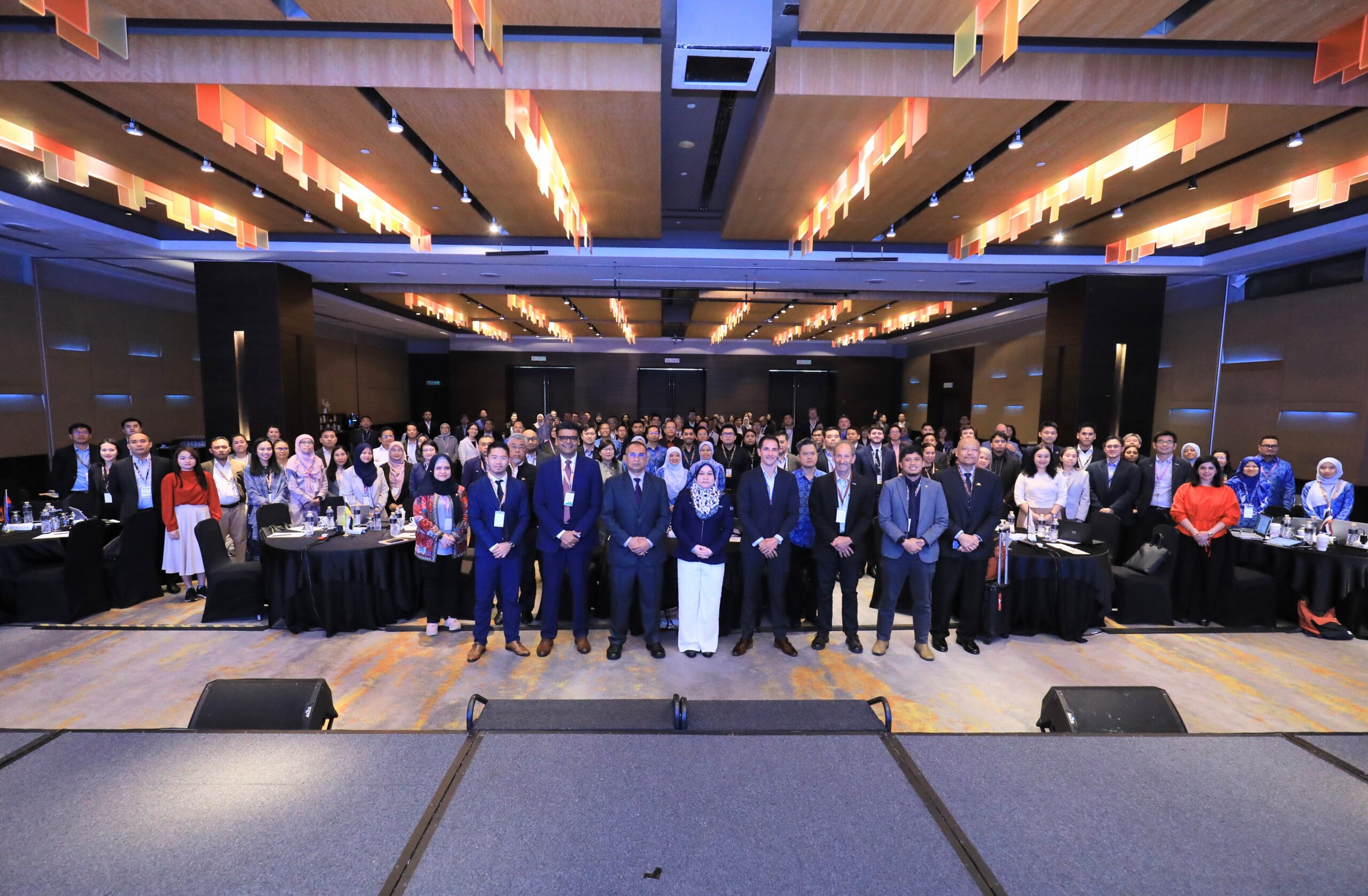
Photo 1. Group Photo of the Workshop Participants.
Penang, 4 June 2025 – The ASEAN Centre for Energy (ACE) played a key role in the “Accelerating A Just Energy Transition: Southeast Asia Sustainable Power Planning Regional Workshop”, an event organised by Energy Commission of Malaysia and Clean Energy Ministerial (CEM). Hosted by the Ministry of Energy Transition (PETRA) Malaysia at G Gurney Hotel in Penang, Malaysia, the event aimed to share lessons learned, explore innovative solutions, and foster collaboration for clean power system transformation in Southeast Asia. This vital, face-to-face regional collaboration was enabled with assistance from key development partners, including the World Bank, which supported the travel of many participating ASEAN delegates. Approximately 100 participants were convened consisting of key stakeholders from governments, international organizations, industry, and academia.
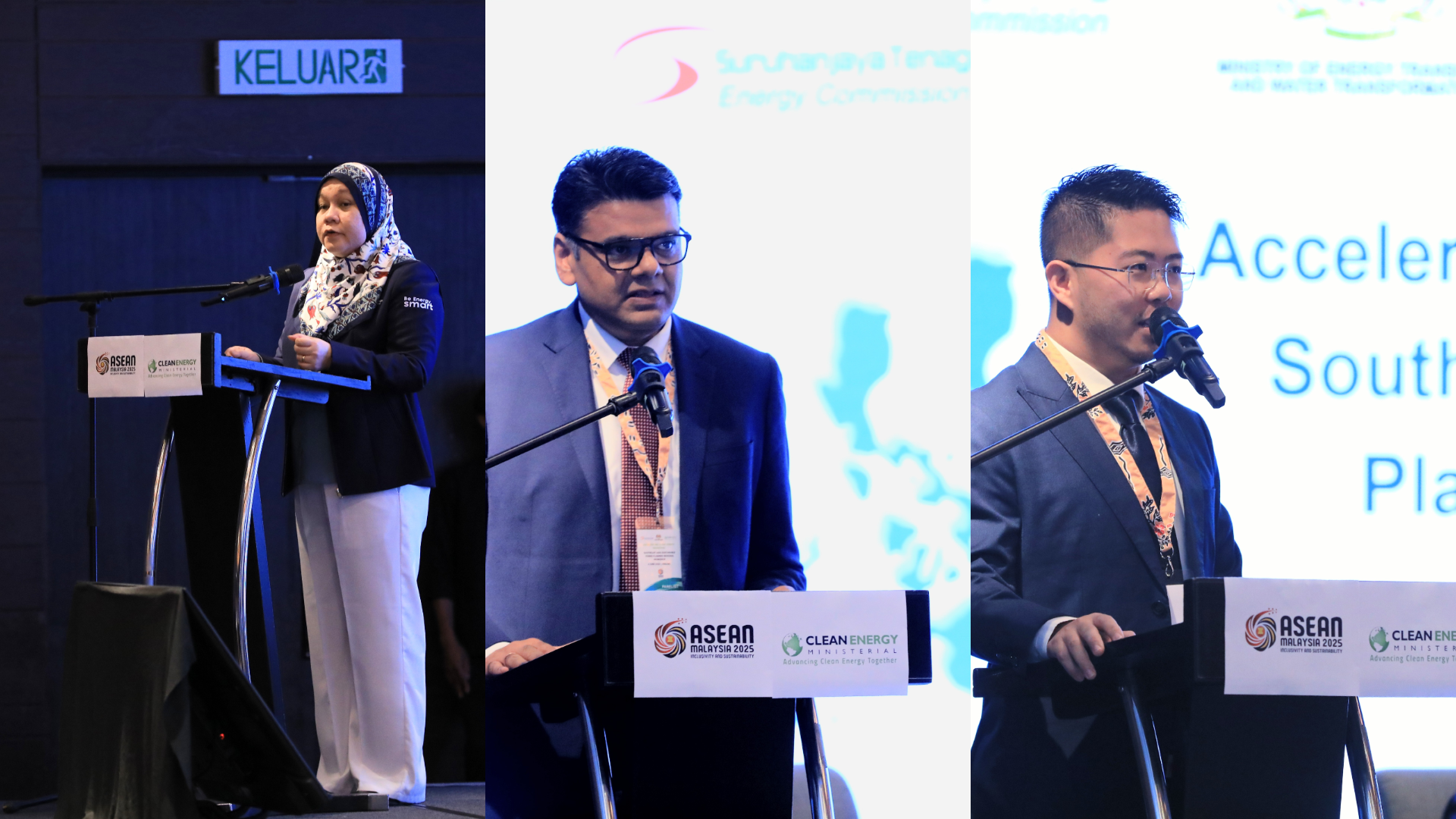
Photo 2. (Left to right) Siti Safinah Salleh, CEO of Energy Commission of Malaysia, Dr Prasoon Agarwal, Deputy Head of the CEM Secretariat, and Shoon So Oo, Associate Director of ClimateWorks Foundation, delivering opening remarks.
(Photos by PETRA)
Opening remarks were delivered by Siti Safinah Salleh, CEO of Energy Commission of Malaysia, who alongside two other partners, Dr Prasoon Agarwal, Deputy Head of the CEM Secretariat, and Shoon So Oo, Associate Director of ClimateWorks Foundation, highlighted the importance of the workshop in strengthening regional efforts in implementing clean and sustainable energy to enhance ASEAN’s journey towards a resilient energy future.
The Strategic Role if the ASEAN Power Grid and REC Framework
A context-setting presentations by Prihastya Wiratama, Senior Officer of the Power Generation and Interconnection (PIN) Department at ACE, detailed how the ASEAN Power Grid (APG) is the foundational infrastructure for green power integration in the region. Moderated by Prasoon Agarwal, this session featured Doug Arent from NREL Foundation, Roble Velasco-Rosenheim of i-Track Foundation.
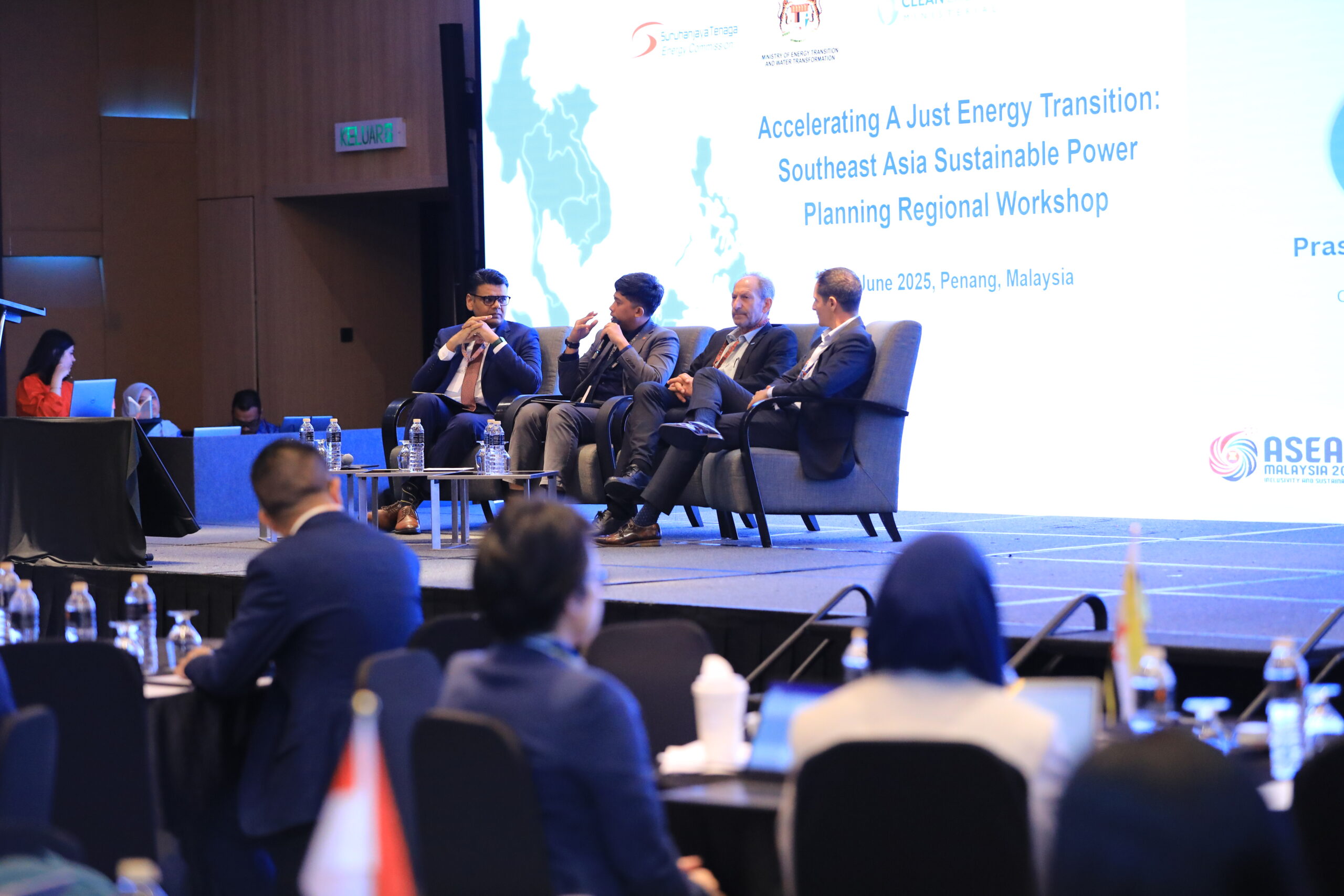
Photo 3. Prihastya Wiratama, Senior Officer of the Power Generation and Interconnection (PIN) Department at ACE (second from the left), during the panel session.
(Photo by PETRA)
Crucially, Prihastya shared insights on how the APG enhances green regional power integration. The APG, noted as a key enabler for renewable energy (RE) integration, can help ASEAN achieve its aspiration to increase the share of RE to its power generation system by 2050. Interconnected grids enhance system resilience and help balance intermittent RE sources like solar and wind, supporting greater RE penetration. Additionally, the APG also helps open new markets and investment opportunities, making RE project more bankable through larger, integrated demand centres.
To support the transparency and accountable tracking of RE attributes in support of the APG, Prihastya noted that a harmonised Renewable Energy Certificate (REC) framework will be critical in consistent monitoring and reporting of RE contributions across AMS, ensuring the cross-border electricity flows are verifiably green. This system is essential for opening new markets and making RE projects more bankable by connecting them to larger, integrated demand centres.
Key Workshop Discussions and Outcomes
Throughout the day, a series of panel discussions explored the multifaceted approach required to build the ecosystem for a regional clean energy market:
The fourth and final session focused on accelerating a just energy transition, with discussions covering opportunities on critical minerals, supply chain, and workforce skills. Moderated by Ruby B. de Guzman of Department of Energy (DOE), the Philippines, the panel featured insights from AMS and other regional and global partners, highlighting strategies for ensuring an inclusive and sustainable energy shift.
Monika Merdekawati, Senior Research Analyst of the Sustainable Renewable Energy (SRE) Department at ACE, was among the panellists, alongside Iqlima Fuqoha of SEforAll, Koh Keng Sen of Sustainable Energy Development Authority (SEDA) Malaysia, and Batih Hakimul of OECD Clean Energy Finance and Investment Mobilisation.
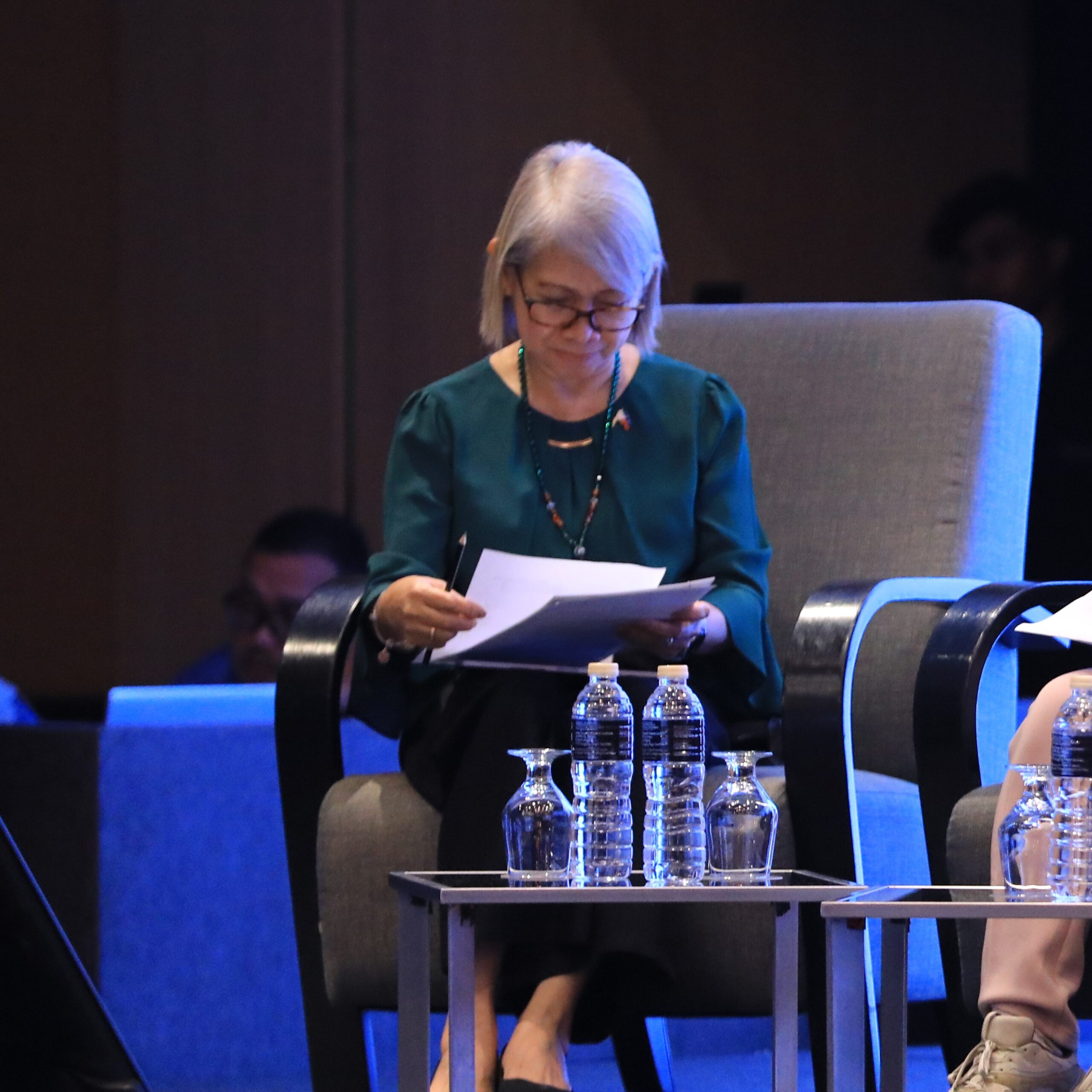 |
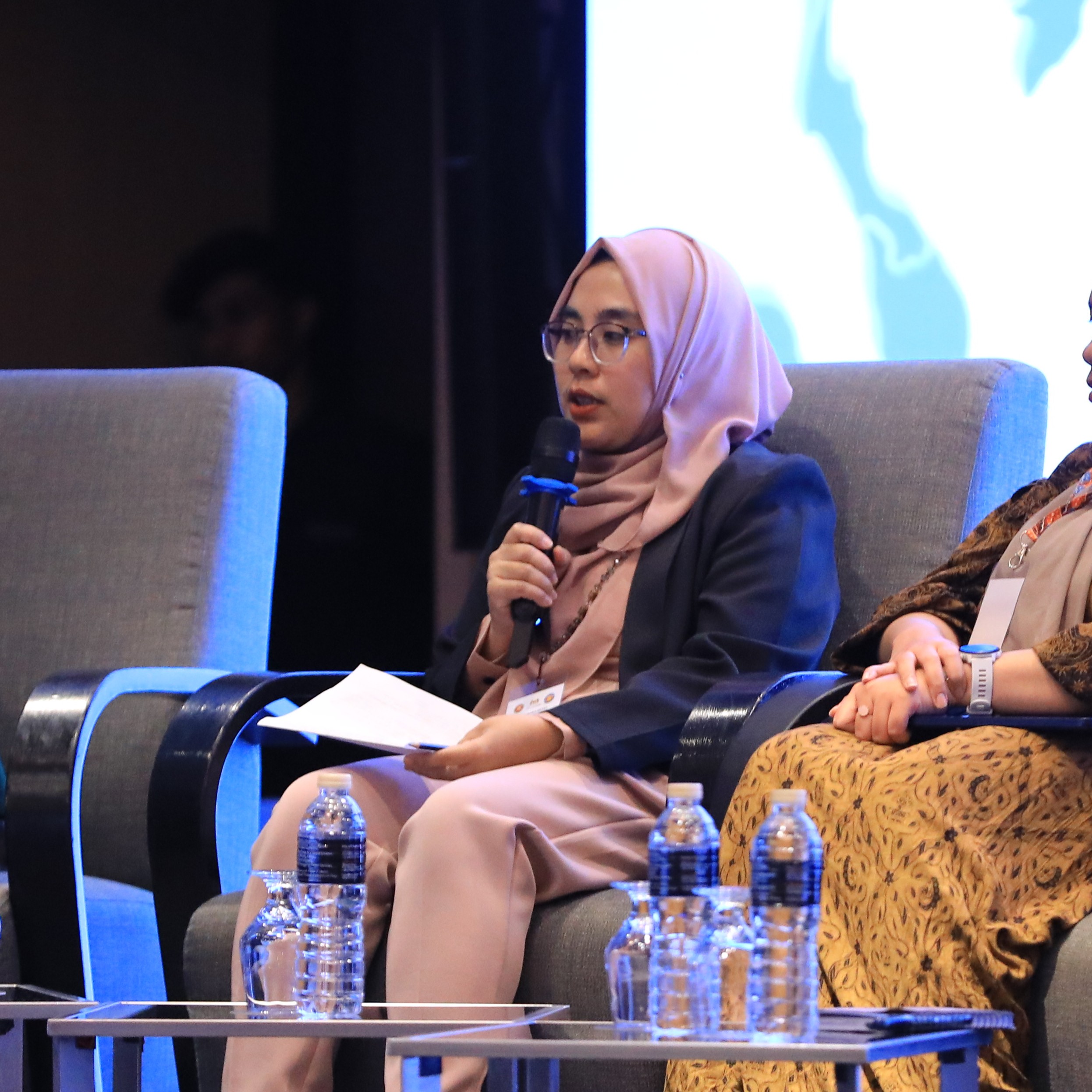 |
Photo 6. Ruby de Guzman, Director of Renewable Energy Management Bureau (REMB) of DOE of the Philippines, Monika Merdekawati, Senior Research Analyst of SRE Department at ACE, during the Panel Discussion.
(Photo by PETRA)
Monika shared insights on Just and Inclusive Energy Transition (JIET) within ASEAN. She emphasised that, much like the broader challenge of regional coordination, AMS still lack a unified definition of JIET. This is due to the novelty of the concept, with each AMS interpreting it through the perspective of their different and unique national contexts.
Aside from JIET, the discussion also explored the topic of regional RE targets. During the Q&A session, a representative from Indonesia inquired about what is the biggest challenge of coordinating AMS to achieve a common goal of a regional RE target. In answering this, Monika noted that AMS need to align the perception that a regional RE target isn’t a national burden, but an opportunity that can help member states receive attention and support from international organisations needed to streamline their national efforts and bilaterial cooperations. Hence, in the case that achieving the regional target of 23% RE share in TPES by 2025 is still contrasting with current progress, it should not diminish ASEAN’s potential to set and pursue even more ambitious targets.
Monika concluded by suggesting that ASEAN could greatly benefit from adopting a more ambitious regional RE target that not only reflects progress beyond Business-As-Usual (BAU) scenarios but also strengthens the region’s position as an attractive clean energy investment destination for global stakeholders.
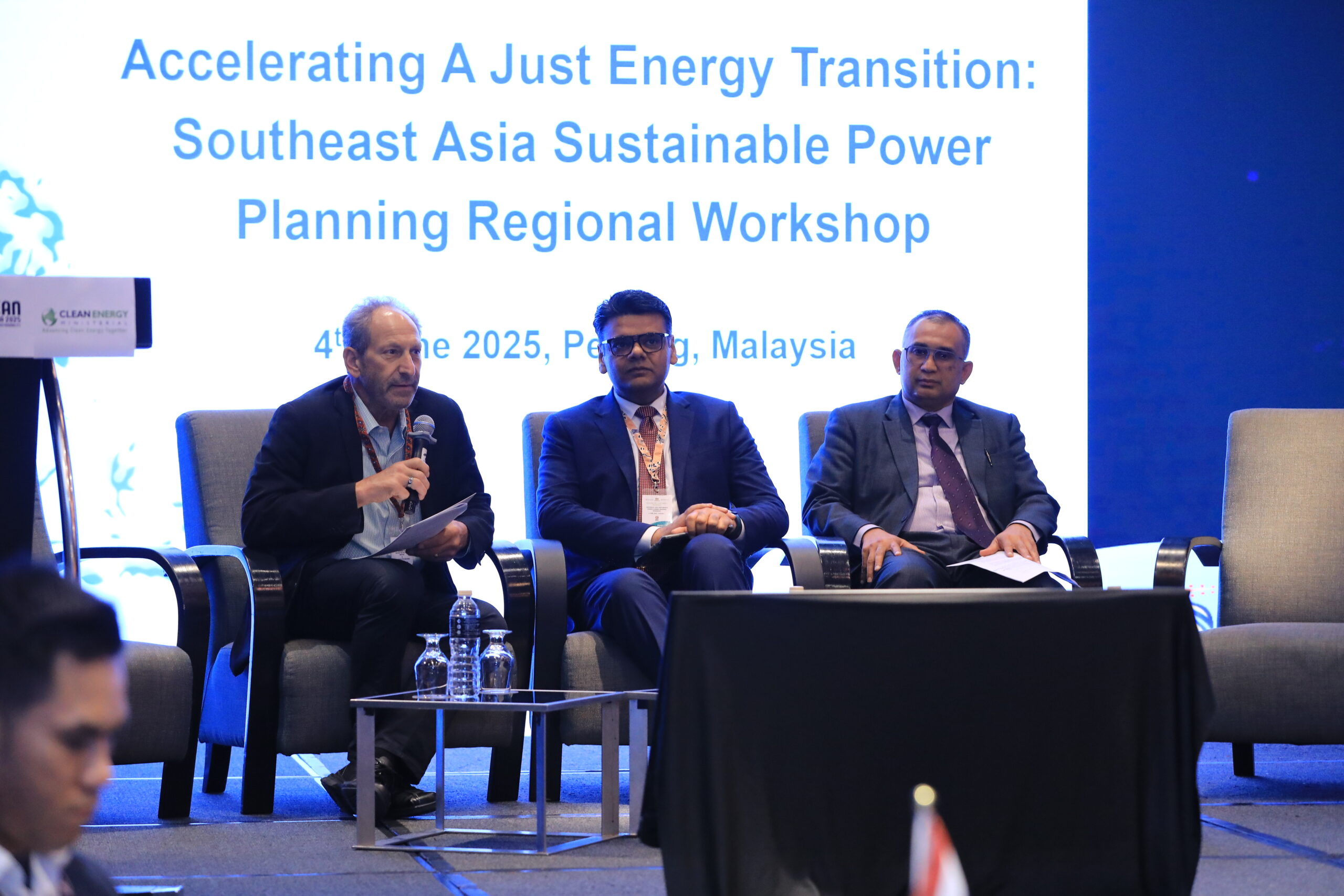
Photo 7. Closing session moderated by Doug Arent of NREL (left) featuring Prasoon Agarwaal, Deputy Head of the CEM Secretariat (centre), and Asdirhyme Abdul Rasib, Undersecretary for Sustainable Energy at PETRA (right).
The workshop was concluded with closing session moderated by Doug Arent of NREL, featuring summaries of key insights of the discussions from Prasoon Agarwal and Asdirhyme Abdul Rasib, Undersecretary for Sustainable Energy at PETRA.
The workshop successfully illuminated the path forward, making it clear that accelerating a just energy transition in Southeast Asia is intrinsically linked to the successful implementation of the APG and a supporting regional REC framework. The insights and strategies discussed provide strong momentum for developing these critical mechanisms to foster a resilient, integrated, and sustainable energy future for ASEAN.
